Kevin Marcilliat
Managing Partner
Attorney Kevin Marcilliat comes from a family of lawyers and has been defending people in North Carolina since law school, where – still just a student – he won his first not-guilty verdicts.
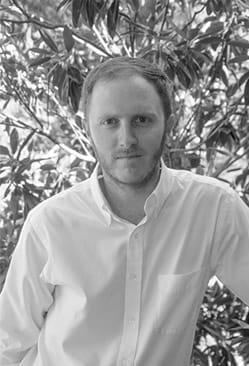
Managing Partner
Attorney Kevin Marcilliat comes from a family of lawyers and has been defending people in North Carolina since law school, where – still just a student – he won his first not-guilty verdicts.
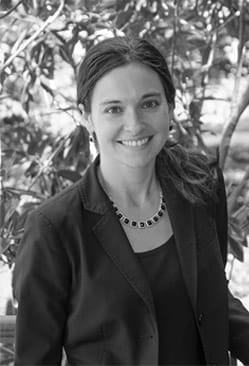
Managing Partner
Attorney Miranda J. Mills, “destined” for a career in criminal law from the start, has collected numerous not-guilty verdicts and dismissals in serious cases ranging from statutory rape to assault with a deadly weapon.
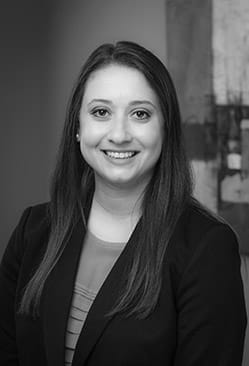
Partner
Attorney Danielle Feller joined Marcilliat & Mills PLLC after having become the first recipient of the firm’s Bar Exam Scholarship, presented to future lawyers who show promise in criminal law. Even from her first year of law school, Ms. Feller knew she would defend people.
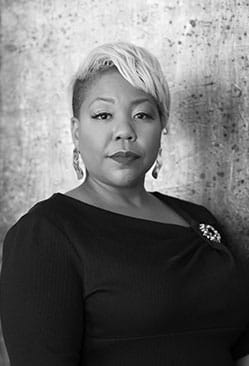
Senior Trial Attorney
Attorney Phylicia M. Powers’ passion for advocacy and litigation was cultivated when she competed in law school trial competitions. As an experienced attorney she has successfully defended both juveniles and adults in complex misdemeanor and felony matters.

Senior Trial Attorney
Senior Trial Attorney Jason St. Aubin has been practicing criminal law since 2005. Jason graduated from Charlotte Country Day School and received his undergraduate degree from Duke University.

Associate Attorney
Attorney Trevor Guyton graduated from Campbell in the Spring of 2021 and subsequently passed the July 2021 bar exam. Admitted into the North Carolina State Bar in October of 2021 and immediately began work as a private criminal defense attorney.
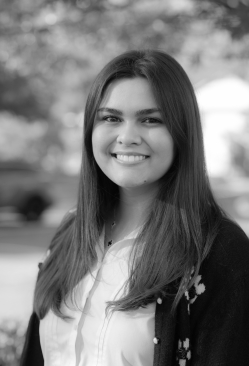
Paralegal
Mikaela, who goes by Mika, is a recent graduate of Appalachian State University. She graduated with a bachelor’s degree in Political Science, concentrating in Pre-Professional Legal Studies and minored in Criminal Justice. Her passion for learning about law has been evident since the start of her undergraduate career, specifically in the dynamics of criminal law and justice. Mika has been a resident of North Carolina for 10 years and would like to attend a North Carolina law school in the near future.

Paralegal
Muriel was raised in Knoxville, TN, and attended Carson-Newman University where she received her Bachelor of Arts with Honors. After graduation, Muriel and her husband, John, moved to Wilmington, NC, and Muriel began working on her paralegal certification shortly after. She has worked in a variety of fields including elder law, estate planning, guardianship, estate administration, and civil litigation. Muriel joined Roberts, Marcilliat & Mills in March of 2023 as paralegal to Attorney Kevin Marcilliat. In her free time, she enjoys spending time with her husband and dog, travelling, and gardening.

Legal Assistant & Intake Specialist
Cailin graduated in 2017 from the University of North Carolina at Wilmington with a Bachelor of Criminology and a minor in Forensic Science. She is passionate about helping people navigate through the complex legal system and ensuring everyone's rights are protected in difficult times. Cailin is a Certified Notary Public and is studying for the 2024 NC State Bar Paralegal Exam.
Marcilliat & Mills PLLC, have successfully defended hundreds of clients charged with a serious misdemeanor and felony crimes in North Carolina. Our firm has extensive experience in state and federal courts throughout North Carolina.
Contact The Marcilliat & Mills PLLC and schedule a free initial consultation to speak with a lawyer. Make an appointment at our Raleigh office by calling toll-free at 919-838-6643.
State v. J.A. – First Degree Rape
State v. B.S. – First Degree Murder
State v. E.D. – Identity Theft
State v. J.A. – First Degree Rape
Each case is different and must be evaluated on its individual facts. We work hard to assess each case individually. Prior results do not guarantee any future outcome.
Put our team of criminal defense lawyers on your side today. You are one phone call or email away from getting your questions answered by an experienced defense attorney.
Call us at 919-838-6643to set up a free consultation or send us an email.
Fields marked with an * are required








Call 919-838-6643 to schedule a free initial consultation. Offices open weekdays 8am – 7pm, Saturdays 9am – 5pm
*AV®, AV Preeminent®, Martindale-Hubbell Distinguished and Martindale-Hubbell Notable are certification marks used under license in accordance with the Martindale-Hubbell certification procedures, standards and policies. Martindale-Hubbell® is the facilitator of a peer review rating process. Ratings reflect the anonymous opinions of members of the bar and the judiciary. Martindale-Hubbell® Peer Review Ratings™ fall into two categories — legal ability and general ethical standards.
© 2024 Marcilliat & Mills PLLC. All Rights Reserved.
Disclaimer | Site Map | Privacy Policy |